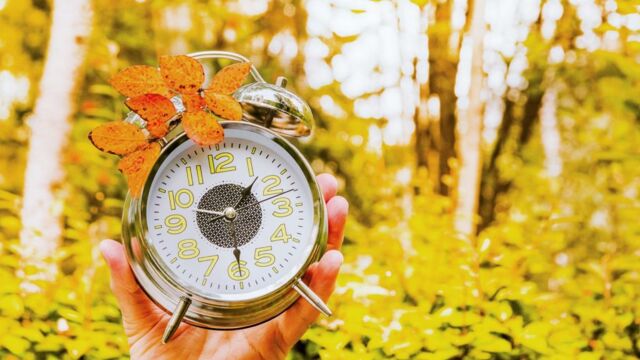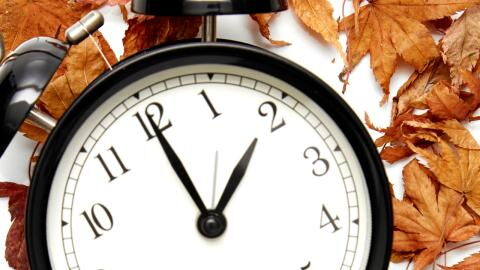Winter is officially over. As the days become longer, the clocks will go forward to give us more light in the evenings and so hopefully making it that little bit easier to get home from work. The good news is we do get an extra hour to enjoy sunlight!
Discover our latest podcast
When will the clocks go forward?
At 1 AM on the last Sunday of the month, 26 March, the clocks will follow Greenwich Mean Time.
Where do daylight savings come from?

British Summer Time was first introduced in 1916. The idea was actually proposed by an Edward builder, named William Willett, who incidentally is the great-great-grandfather of Coldplay’s Chris Martin. He wrote a pamphlet in 1907 called The Waste of Daylight.
The campaign was devised so that people would spend more time outdoors during the day and consequently save energy. The government went on to introduce it in 1916, during World War I, as it was felt it would reduce the demand for coal.
The idea is not popular with everyone though. In 2019 the EU voted to scrap Daylight Saving and it was supposed to take effect in 2021 but it has been postponed. The Independent reports,
EU member states were asked to decide whether they wanted to remain in winter or summer time once the change took place and they couldn’t agree.
Here is what you should do to cope with the change
- Be consistent - Try and wake up at the same time each morning to keep your sleep cycle regular.Health Partnersreports, ‘getting out of bed at the same time every morning is the single best way to improve sleep and wake functioning’
- Exercise - being physically active is generally good for your health but also helps stabilise sleep patterns and improve quality of sleep. Don’t work out too close to your bedtime though.
- Diet - It’s good to eat dinner earlier in the evening and avoid spicy or fatty foods later in the day. Equally it’s good to avoid caffeine and alcohol in the evenings.
- Reduce screen time - these can stimulate your brains and cause difficulty sleeping so avoid using them 2 hours before bedtime.
- Light - expose yourself to as much natural light as you can during the day and avoid artificial light when it is dark outside. Light is the principal environment cue in adapting your circadian rhythms.
Sources used:
- The Independent'When do the clocks go back in October 2022 and why do they change?
- The Independent'Could the UK end Daylight Savings Time?'
- Health Partners '6 tips to help you spring forward'
- WebMD'How Sleep Is Affected by Time Changes'
Read more:
⋙ Daylight saving time will become permanent, this is what it means for us
⋙ You should go to sleep before this time to improve your metabolism rate















